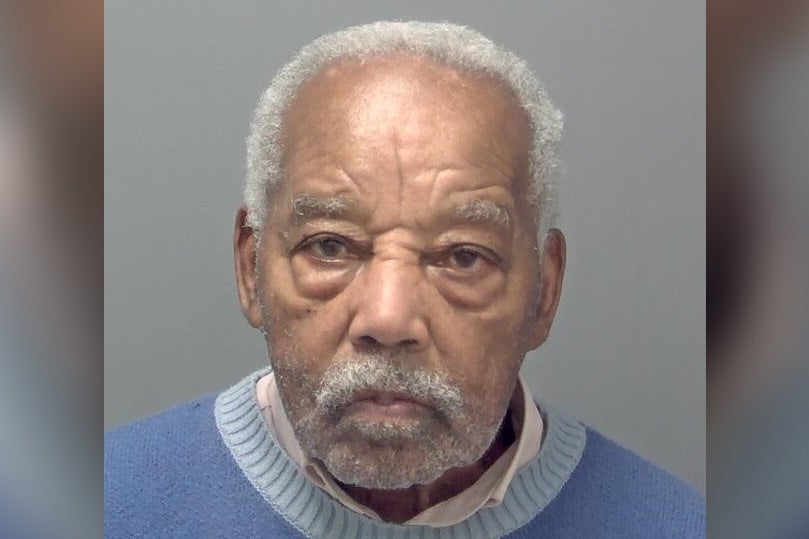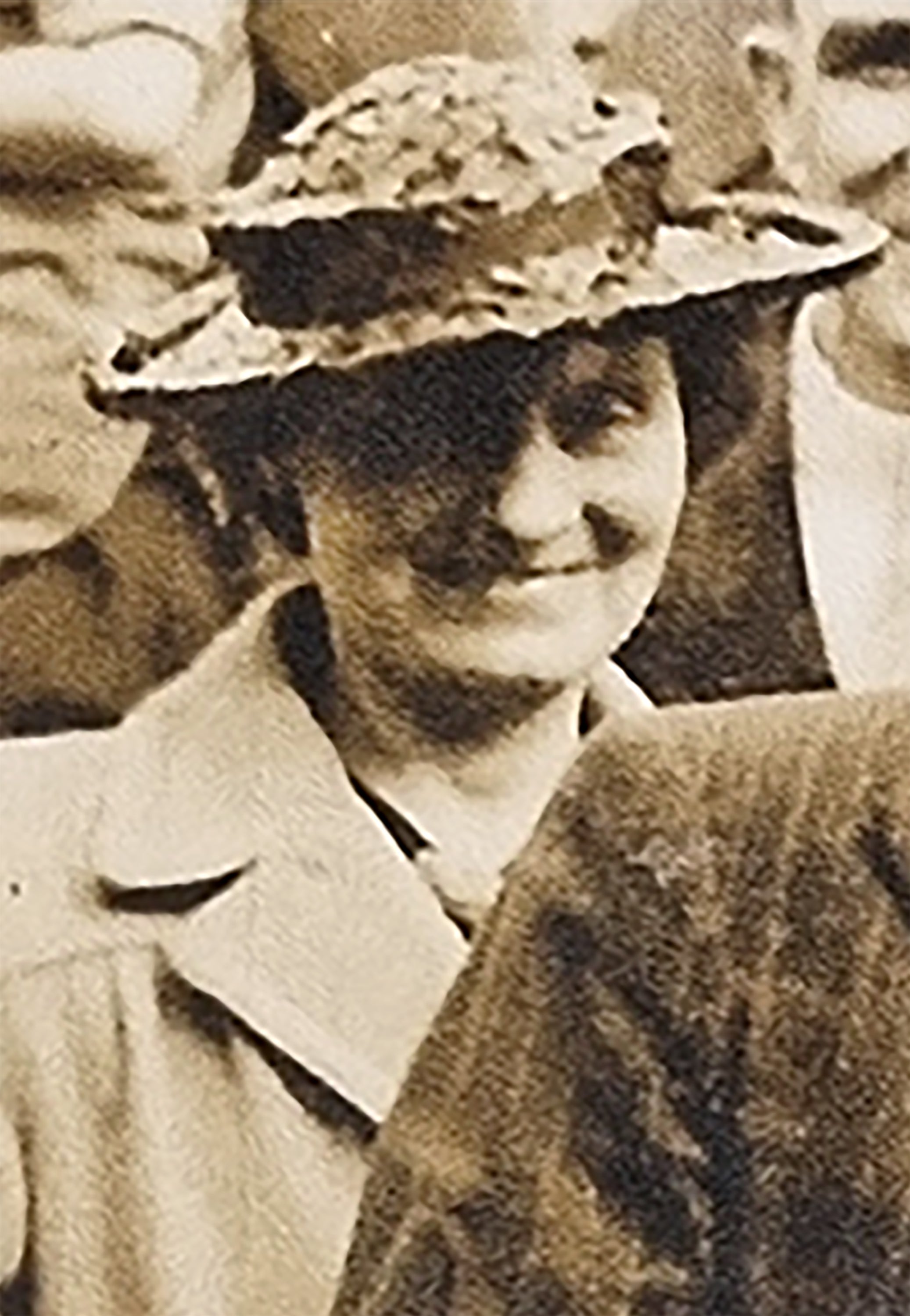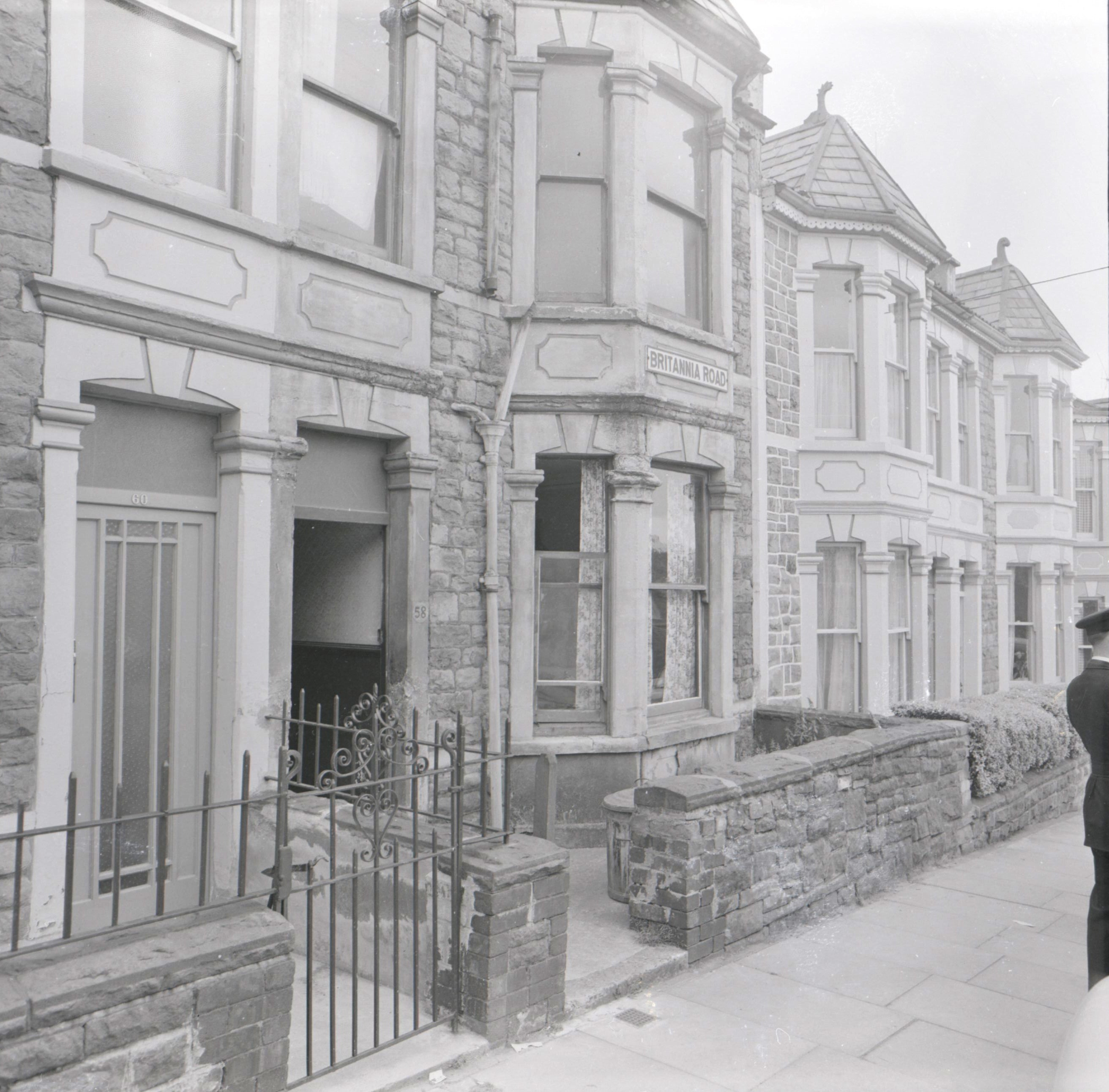A 92-year-old man who raped and murdered an elderly widow in the 1960s has been jailed for life and told he will die in prison, in what is thought to be the UK’s longest-running cold case ever to be solved.
“Depraved” Ryland Headley was 34 when he forced open a window at the home of Louisa Dunne, 75, in the Easton area of Bristol overnight in June 1967. A court heard the former railway worker raped the frail mother-of-two before he killed her by strangling her.
Nearly six decades later, Headley, now 92, has finally been sentenced to life imprisonment with a minimum term of 20 years after he was found guilty of both charges by a jury at Bristol Crown Court on Monday afternoon.
Dunne’s granddaughter, who sat in court for every day of the two-week trial, told the sentencing hearing on Tuesday how Headley’s evasion from justice had a devastating effect on her family, including her mother and aunt.
Mary Dainton, who was a 20-year-old student when her grandmother was murdered, told the court: “I don’t think my mother ever recovered from it. The anxiety caused by her mother’s brutal rape and murder clouded the rest of her life. The fact the offender wasn’t caught caused my mother to become and remain very ill.”

Mr Justice Sweeting told Headley, of Clarence Road, Ipswich: “You broke into her home, you sexually assaulted her, and in doing so, you caused her death. You may not have intended to kill, but you planned to rape her, and you brutally attacked her. When you did so, you met her screams and struggles in a force sufficient to kill.
“The nature of these offences demonstrates a complete disregard for human life and dignity. Mrs Dunne was vulnerable; she was a small elderly woman living alone. You treated her as a means to an end. The violation of her home, her body and ultimately her life was a pitiless and cruel act by a depraved man.”
He added: “You violated the sanctity and safety of Mrs Dunne’s home, where she had every right to feel secure. She must have experienced considerable pain and fear before her death.”
Passing sentence, the judge told the defendant: “You will never be released, you will die in prison.”
Dunne was found dead by neighbours in the front room of her terraced home in Britannia Road on the morning of 28 June 1967.

A pathologist concluded that Dunne died from asphyxia due to strangulation and pressure on her mouth, probably from a hand being held over it.
Bristol Constabulary, as the force was then known, launched a huge investigation, taking the palm prints of 19,000 men and boys in an attempt to find a match to one left on an upstairs window.
Headley lived with his wife in Picton Street, just 1.6 miles from the scene, but his home was just outside the streets in which men and boys were asked to provide their prints.
The case remained unsolved for more than 50 years until Avon and Somerset Police detectives sent items from the original investigation for DNA testing for the first time.
Semen recovered from a blue skirt worn by Dunne matched Headley’s DNA to a ratio that meant it was a billion times more likely to be from him than anybody else.
.jpg)
When his left palm print was finally taken, in November last year, it matched the print left at the scene.
Since Dunne’s murder, Headley had moved his family to Ipswich, where he was jailed for raping two elderly women after forcing open windows at their homes in October 1977.
On Tuesday, the judge told Headley he had displayed a “chilling pattern of behaviour” while he appeared to “show no remorse or shame” for any of his offending.
Mr Justice Sweeting told the defendant the “enduring generational impact” of his crimes on Dunne’s family – her two daughters Iris and Edna, granddaughter Mary and grandson Nigel – shows “the true measure of harm you inflicted”. He said: “The fact that the crime was unsolved and you remained at large for so long compounded their suffering.”
Ms Dainton said: “It saddens me deeply that all the people who knew and loved Louisa are not here to see that justice is being done.”

Avon and Somerset Police are now working with other police forces and the National Crime Agency to establish whether Headley is responsible for other unsolved crimes.
Detective inspector Dave Marchant said the case showed what was possible when “new and old policing techniques are brought together”.
Charlotte Ream, of the Crown Prosecution Service (CPS), added that the passage of time had not lessened the pain felt by Dunne’s family over Headley’s “appalling” crimes.
She said: “For 58 years, this appalling crime went unsolved and Ryland Headley, the man we now know is responsible, avoided justice.
“This case is a demonstration of the commitment of the CPS, and our partners in the police, to relentlessly pursue justice for the victims of crime, no matter how many years – or decades – have passed.”







